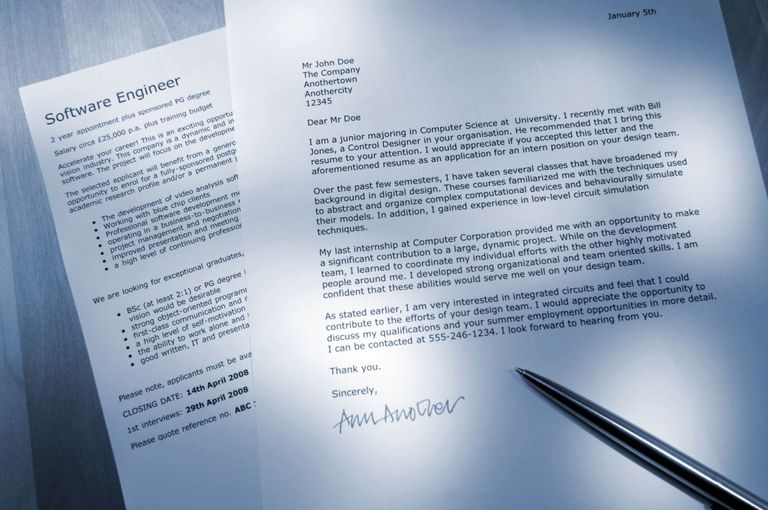When you are sending your resume out to anyone with the intent on positioning yourself for a job opportunity, the answer is yes, you need a cover letter.
Cover letters not only allow you to showcase your personality, such as your professionalism or even your sense of humor (use wisely!), but it also gives you the chance to convince someone that you are THE right candidate for the job before they even look at your resume.
1. Stay on topic.
This is not the time to tell them your entire life story. Don’t fill it with mundane facts about what your hobbies are outside of work or about your family life. The purpose here is to cut to the chase and explain exactly what you want and why you should have it. State the position you are seeking, and consider writing a few sentences on a couple of relevant skills or experiences that make you qualified for it.
2. Don’t repeat what’s already in your resume.
While your resume may have bullet points to highlight certain skills, accomplishments, etc., the cover letter is the time to expand with even more information. Here you may talk about the passion you have for a task, or how that accomplishment impacted the company or the end users.
3. Don’t think you can get away with just one.
One of the most important fact about good cover letters is that they are tailored to one exact recipient. You think you can just write one clever letter that will work for everyone? Think again. Recruiters and hiring managers can smell a form letter from a mile away. The language is bland, safe, and rather uninteresting. They leave out specific details about the job and worst, sometimes even conflict with what you’re applying for.
The trick to writing a good cover letter is personalizing it for the recipient. Address it to the person who will receive it, if you know the name. Make sure you state the job title you want, and reference the job description throughout. Consider the “voice” of the company you are sending it to. If they are a young scrappy startup, maybe you don’t have to keep it super formal. If they are a Fortune 500 company, perhaps you don’t want to sound too laidback or carefree.
The point is do not skimp on the cover letter and take it as seriously as you take your resume itself. It can be the difference between an interview and the trashcan regardless of what your resume ultimately says.

